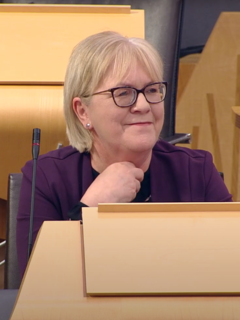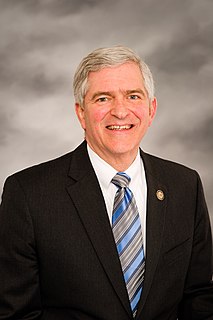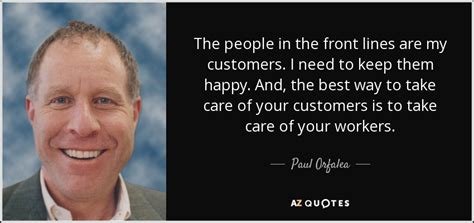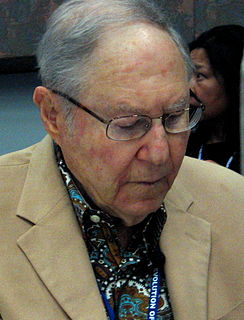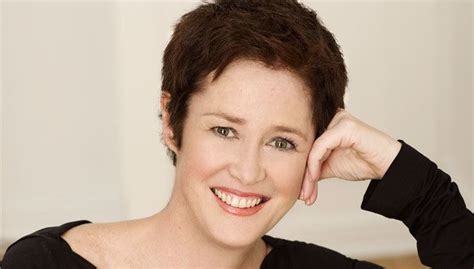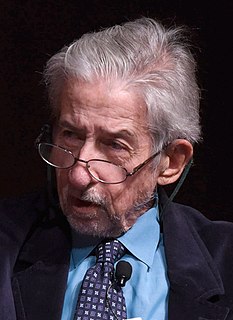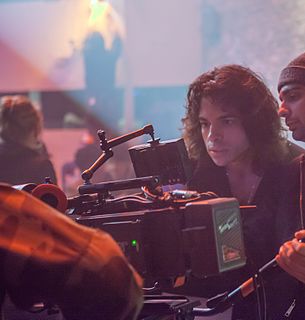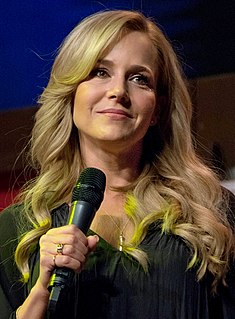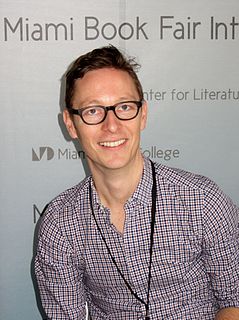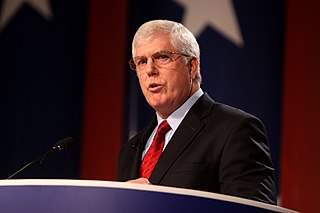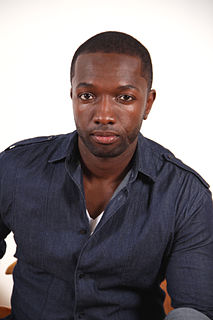Top 1200 Film Students Quotes & Sayings
Explore popular Film Students quotes.
Last updated on November 24, 2024.
Unlike many graduate fellowships, the Rhodes seeks leaders who will 'fight the world's fight.' They must be more than mere bookworms. We are looking for students who wonder, students who are reading widely, students of passion who are driven to make a difference in the lives of those around them and in the broader world.
Upon its debut, The Room was a spectacular bomb, pulling in all of $1,800 during its initial two-week Los Angeles run. It wasn't until the last weekend of the film's short release that the seeds of its eventual cultural salvation were planted. While passing a movie theater, two young film students named Michael Rousselet and Scott Gairdner noticed a sign on the ticket booth that read: NO REFUNDS. Below the sign was this blurb from a review: “Watching this film is like getting stabbed in the head.” They were sold.
Arriving to class late is disruptive of the learning process. I think that it is disrespectful to both the instructor and the students. I generally find a problem with students being tardy to my 9:10 a.m. class, in which students would come in thirty minutes late to this fifty minute class. I started locking my door at 9:15 second semester.
When '36 Chowringhee Lane' was released in 1981, I was a student of the Film and Television Institute of Tamil Nadu. Everyone who had seen the film was very impressed with its flawless direction and acting. But we, cinematography students, were stunned by the visual style, which was truly international.
The loan crisis and the increasing slashing of funds for students, coupled with the astronomical rise in tuition, represent an unparalleled attack on the social state. The hidden agenda here is that when students graduate with such high debts, they rarely choose a career in public service; instead, they are forced to go into the corporate sector, and I see these conditions, in some ways, as being very calculated and as part of a larger political strategy to disempower students.
What is wrong with encouraging students to put "how well they're doing" ahead of "what they're doing." An impressive and growing body of research suggests that this emphasis (1) undermines students' interest in learning, (2) makes failure seem overwhelming, (3) leads students to avoid challenging themselves, (4) reduces the quality of learning, and (5) invites students to think about how smart they are instead of how hard they tried.
I get to work with incredibly talented young filmmakers and students, and their attitudes and relationship with film is still so pure. That re-inspires me and reminds me why I got into it and what I love about film, and allows me a little reprieve from the business side of it. And it rekindles my love of film.
Students and invited speakers do not shed their constitutional rights when they step up to the graduation podium. Expressing faith in God does not disqualify a student from delivering a graduation message. Being designated as valedictorian or salutatorian is an honor, and students chosen for that honor should be free to share their gratitude to God with their fellow students and family members.
If the students don't want to learn about evolution, they shouldn't be in the course. A biology course that teaches creationism is not a science course, it's a religion course. So the students demanding that creationism be given credence in that course are out of line and are denying the academic freedom of the professor. They are calling into question the scientific basis of the material that's being presented. And students are not in a position to do that.
Public education for some time has been heavily focused on what curricula we believe will be helpful to students. Life-Enriching Education is based on the premise that the relationship between teachers and students, the relationships of students with one another, and the relationships of students to what they are learning are equally important in preparing students for the future.
I encourage film students who are interested in cinematography to study sculpture, paintings, music, writing and other arts. Filmmaking consists of all the arts combined. Students are always asking me for advice, and I tell them that they have to be enthusiastic, because it's hard work. The only way to enjoy it is to be totally immersed. If you don't get involved on that level, it could be a very miserable job. I only have one regret about my career: I'm sorry that we are not making silent movies any more. That is the purest art form I can imagine.
Film theory has nothing to do with film. Students presumably hope to find out something about film, and all they will find out is an occult and arcane language designed only for the purpose of excluding those who have not mastered it and giving academic rewards to those who have. No one with any literacy, taste or intelligence would want to teach these courses, so the bona fide definition of people teaching them are people who are incapable of teaching anything else.
I have find that today's students are often more tolerant of human variance than students in earlier generations might have been. On the other hand, some of our students need much more interaction with a wide variety of peers so they level of understanding deepens and so they are prepared to live in a world that is only going to get smaller.
When I was teaching at an institution that bent over backward for foreign students, I was asked in class one day: "What is your policy toward foreign students?" My reply was: "To me, all students are the same. I treat them all the same and hold them all to the same standards." The next semester there was an organized boycott of my classes by foreign students. When people get used to preferential treatment, equal treatment seems like discrimination.
